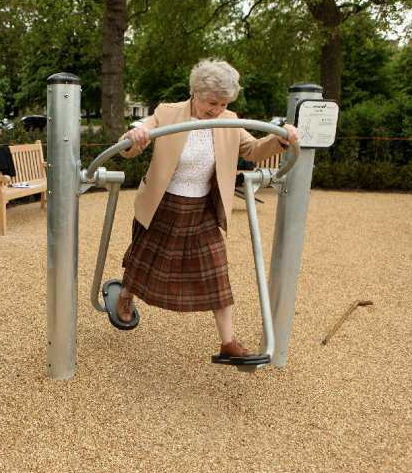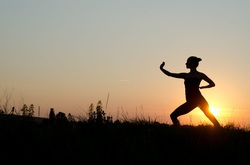
 Though physicians often encourage their patients to exercise so as to benefit one's physical health, there is growing evidence that suggests exercise may also be helpful when it comes to our emotional and mental health as well. In the article below, author Michele Filgate shares a personal story of how running has impacted her mental health over the years, and in particular helped her to manage depression. In addition, both Filgate and others describe how sports and physical injuries impacting their ability to be active have significantly affected their mood and ability to cope. "By 2013, I was in therapy once a week and running three to four times a week. These runs were the difference between debilitating depression and being able to function. Even on days when cold rain tore at my skin, when my toes were numb from icy puddles, when I waited out a downpour underneath scaffolding: running meant taking action with my life, not stalling it." For the full article, click here: http://www.buzzfeed.com/michelefilgate/running-helped-me-cope-with-depression-but-then-i-got-injure#.guE6j9aX1g New large scale study shows that #walking recreationally to enjoy the outdoors and #nature has significant improvements in #stress reduction, mental health, and #depression. Indeed, as an affordable and accessible method of mental well being, in conjunction with the benefits of physical#exercise, it shows promise as a simple and effective modality for mind and body.
http://www.uofmhealth.org/news/archive/201409/walking-depression-and-beating-stress-outdoors-nature-group  Cognitive and physical decline often go hand-in-hand. Although there are no drugs that can be prescribed to prevent cognitive decline, a prescription for physical activity might help to stave it off. "In just 20 years, it’s estimated that people over 65 years of age will make up one-quarter of Canada’s population. Whether those boomers will, in fact, be living out their “golden years” will depend largely on their ability to live independently. Their old age will be healthy and happy only if they conquer the geriatric challenges of cognitive impairment and decreased mobility...Research on seniors with mild cognitive impairments shows that exercise has positive results on cognition and reduces the number of falls. Conversely, cognitive brain training exercises increase mobility and the ability to exercise." To read more about one author's view of the importance of physical activity on a person's cognitive and physical wellbeing, check out this opinion piece recently appearing in the Montreal Gazette: http://montrealgazette.com/health/seniors/opinion-physical-and-mental-exercise-contribute-to-a-happy-and-healthy-old-age |
Description
Supporting and enhancing students' and health professionals' knowledge and understanding of mental health and psychiatry
Archives
June 2017
Categories
All
|


 RSS Feed
RSS Feed
